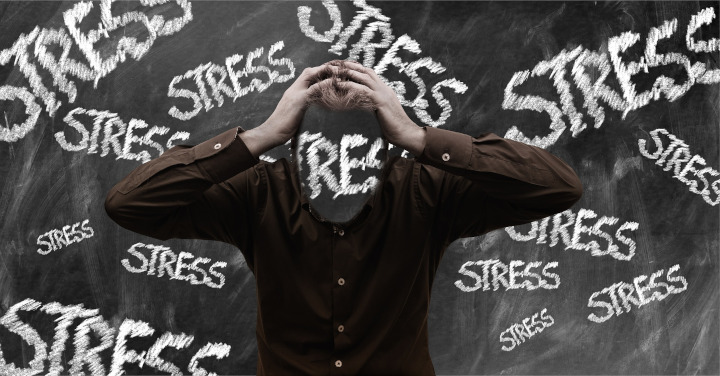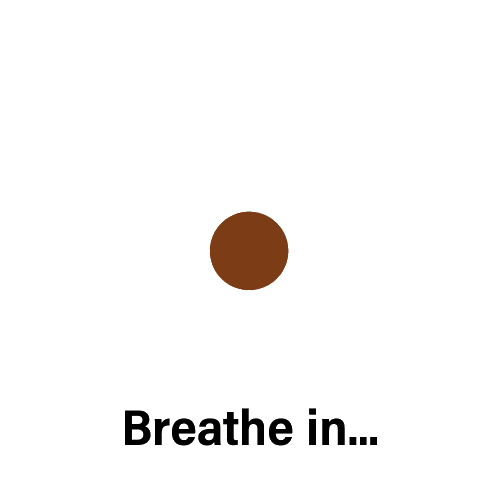Stop! Are You On The Verge Of Burnout?
Malaysians are increasingly finding it hard to disconnect from work outside of working hours.

Subscribe to our Telegram channel for the latest stories and updates.
Frontliners (bless them) in Malaysia aren’t the only ones facing burnout due to the pandemic.
The Covid-19 breakout has also left no choice for many Malaysians to work from home, which has resulted in many to burnout which can sometimes lead to physical illness.
What is burnout? And how you can tell you’re on the brink of one

But what exactly is burnout? Burnout is a syndrome resulting from prolonged exposure to stress.
Employees working remotely from home are experiencing this dilemma due to the lack of separation between work and home life.
According to an article published 10 July on Psychology Today, burnout occurs in three phases:
(1) Emotional exhaustion
This phase happens when there are excessive demands are placed on the individual, like too much of a workload or difficult interpersonal relationships with your team.
With WFH as a default for many, demands like child or elder care, housekeeping, relationship conflict and trying to balance work and home life can also lead to emotional exhaustion.
Ask yourself, “are my bad days more than my good days?” at work or home? If yes, you are probably experiencing emotional exhaustion.
(2) Depersonalisation
The second phase of burnout is the feeling of being disconnected which results in strained relationships with those working with you.
At this point of burnout, you will probably have an “I don’t care” attitude towards your job or home life.
(3) Low sense of personal accomplishment
The last phase before that little fuse in your head blows is feeling a low sense of personal accomplishment.
You may think “nothing is working” or feel frustrated, helpless, and that the work you’re doing is unimportant and meaningless.
While replacing a light bulb after it has fused is easy, replacing your health is not an easy feat.
Sleeplessness, chronic fatigue, depression, anxiety are all associated with burn out with some evidence that this can also lead to heart diseases/arrhythmias, migraines, gastrointestinal disorders and suppressed immune systems.
Finding it hard to disconnect from work
Although 55% of Malaysian respondents in PwC’s Hopes and Fears Survey 2021 preferred a mostly virtual work environment, only 28% are able to disconnect outside of working hours, weekends and annual leave included.
Technology in a time of a pandemic is heaven-sent, but at the same time also makes people feel like they are always “on”, which leads to a deterioration in physical and mental wellbeing. Same reason why light bulbs burn out when they’ve been left on for too long.
The report also noted that burnout is not a phenomenon born out of Covid-19, but it does appear to have heightened the likelihood of employees experiencing its symptoms due to the blurring of boundaries.
In short, employees felt they needed to prove that they were not slacking and felt compelled to work for longer hours which could signal underlying problems like anxiety over job security or the perception they are not trusted.
I’m burnt out. What do I do?

Does the above sound like you? Then you may be on the verge of burning out. Pat yourself on the back for coming to this realisation before it’s too late.
Ronald E. Riggio PhD at Cutting-Edge Leadership shares his best strategy for combatting burnout.
Remove yourself from the stressful situation
It may not be physically possible considering the situation, but something to consider is to review your career options. Can you change positions within your industry for example?
Of course, not everyone has the luxury to do so. If that’s the case, take some time away to help you recover with the conscious effort to completely turn off.
Human connection
If the pandemic has taught us anything it’s how important human connection is.
Whether it is counselling, turning to a mentor or friend or simply creating a support group of your closest friends and family through WhatsApp, human connection can help.
Meditation/Relaxation/Exercise
Keeping yourself in good physical shape also works wonders to combat the stress that leads to burnout.
It doesn’t need to take long. Even a 7-minute workout has scientifically proven to produce results.
Breathing exercises also works wonders at keeping stress and anxiety at bay. This one is called the 4-7-8 technique and it goes like this:

Employers, do your part too!
In reference back to PwC’s survey, 25% of respondents said their employers helped them manage the stress and 22% were encouraged to take short breaks in the working day.
Having said that, if you’re in the position to implement a better work-life balance at work, look into ways to reduce employee stress and burnout BEFORE it becomes an issue in your company (middle management, I’m looking at you!)
According to global analytics and advice firm Gallup, the most immediate way to reduce employee burnout is for managers and employees to discuss which factors are most relevant to them.
This includes fostering positive employee experiences, learning how to reduce stress at work, setting clear expectations, communicating effectively, removing barriers and ensuring that employees feel supported.
Share your thoughts with us via TRP’s Facebook, Twitter, and Instagram.
Former advertising mad woman - turned mother to an amazing little girl born 3 months early - and now a returned writer. Also a textbook ambivert with no clue about today's pop music but a walking encyclopedia of music from the 80s and 90s.





